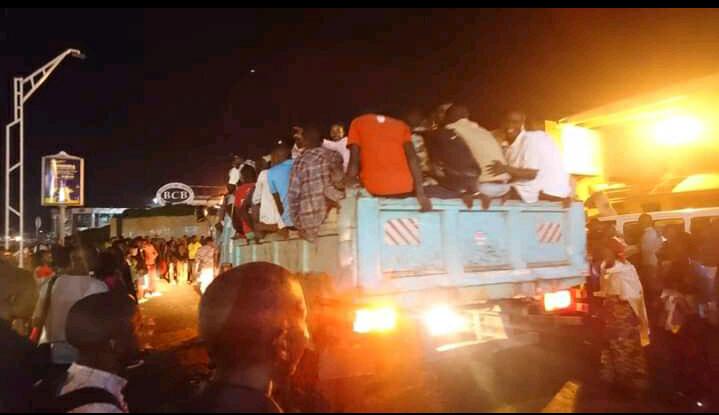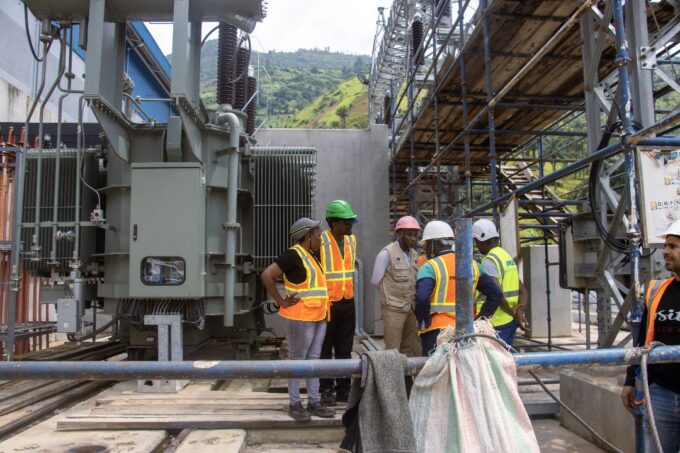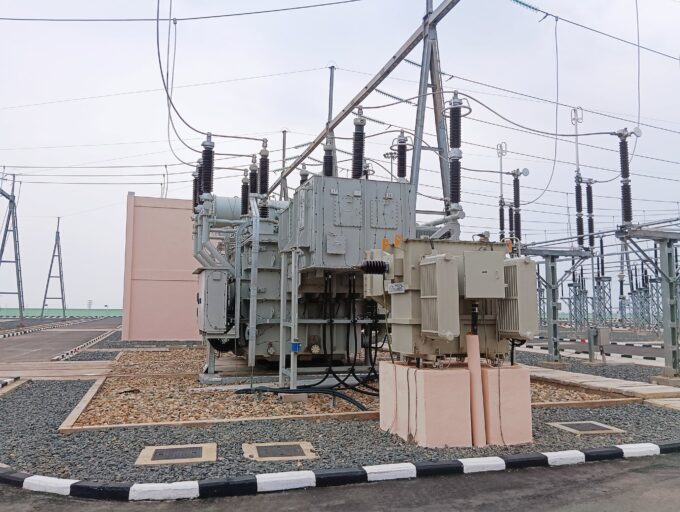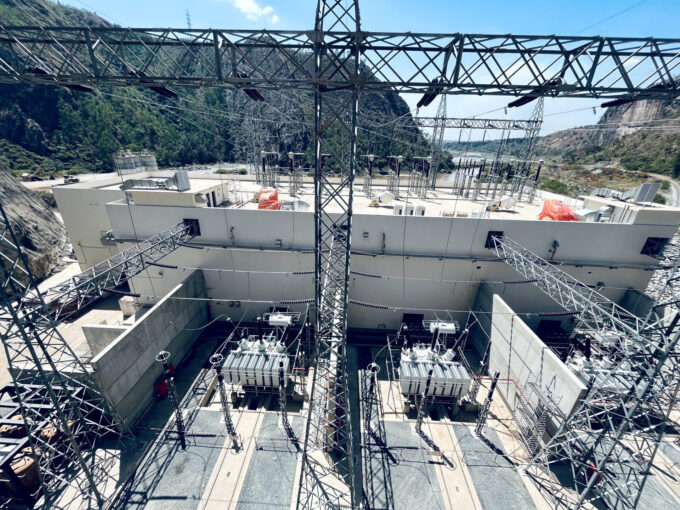As Burundi enters a fourth year of a crippling fuel shortage, the country’s leading anti-corruption watchdog, OLUCOME, is calling for the creation of an independent panel of experts to investigate the root causes of the crisis and recommend long-term solutions.
Fuel scarcity has become a persistent issue in Burundi since 2021, disrupting daily life and dealing a heavy blow to an already struggling economy. Transport fares have surged, food prices are climbing, and basic services are suffering — all while government officials continue to cite a lack of foreign currency as the main cause.
Gabriel Rufyiri, president of OLUCOME — the Observatory for the Fight Against Corruption and Economic Embezzlement — says that explanation doesn’t go far enough. “More than three years into this crisis, there’s still no real solution. Instead, the situation keeps getting worse,” Rufyiri said. “The problem is not just about fuel — it’s about governance.”
He urges the government to better manage what little fuel the country can import and to ensure it goes to essential sectors like transportation. “We need strict protocols to prevent misuse,” he said. “Fuel must be prioritized for public needs.”
Rufyiri is also pushing for an independent investigation to uncover the deeper, structural issues at play. “We need a commission of experts, not government insiders, to study this problem properly and propose realistic, long-term measures,” he emphasized.
In response, the Ministry of Energy maintains that the situation is complex. Ministry spokesperson Paul Ndarihonyoye acknowledged that international oil prices have fallen recently, but argued that other factors — like the high cost of dollars on the black market and regional security concerns — are preventing Burundi from importing sufficient fuel.
“The fall in crude oil prices doesn’t automatically translate into cheaper fuel at home,” Ndarihonyoye said. “There are multiple issues at play.”
Other civil society groups have also stepped in with proposals. In April, PARCEM — an organization promoting social change in Burundi — called on the government to liberalize the fuel sector, allowing private actors to import petroleum products as a way to ease the shortage.
A Crisis with Far-Reaching Consequences
Since the onset of the fuel crisis in 2021, Burundi has witnessed a cascading economic downturn. Public transportation has become increasingly unreliable, forcing many workers to walk long distances or pay exorbitant fares. Food supplies transported from rural areas have become more expensive, aggravating food insecurity in urban centers.
The broader impact is equally dire. Several small businesses that rely on fuel-powered machinery or transportation have scaled down or shut operations altogether. Hospitals and health centers have reported difficulties in powering generators and ambulances, affecting emergency care services.
According to local economists and observers, the prolonged fuel shortage is contributing to a widening economic crisis, with inflation rising and unemployment deepening.
Despite numerous appeals from civil society to address the crisis urgently, the government has yet to implement a comprehensive plan that restores reliable fuel access. The proposal by OLUCOME adds yet another voice to growing demands for decisive and transparent action.







Leave a comment